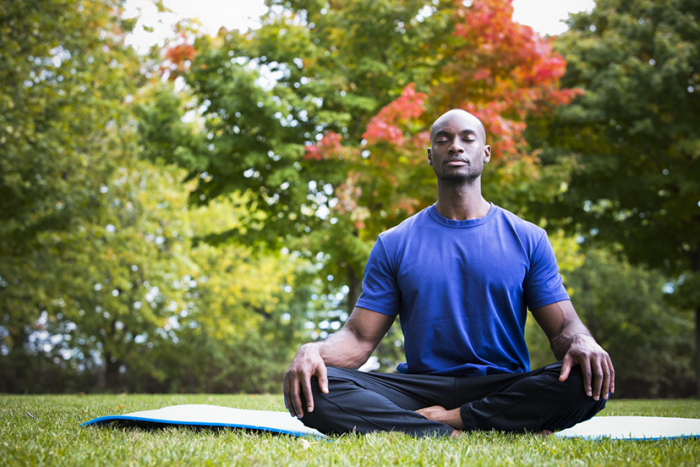- Mindfulness in action: Meditation cultivates mindfulness, which is the practice of being fully present and engaged in the current moment. Mindfulness helps individuals become more aware of the impact of their words, actions, and decisions on others. By practicing mindfulness, individuals can actively challenge and disrupt racist systems and behaviors, both within themselves and in their communities.
- Self-awareness: Meditation cultivates self-awareness by encouraging individuals to observe their thoughts, emotions, and biases without judgment. This practice allows us to become more conscious of our own prejudices and unconscious biases, which are often deeply ingrained within us. By recognizing and acknowledging these biases, we can begin the process of unlearning and challenging them.
- Emotional regulation: Racism and discrimination evoke strong emotions, both in those who experience it and those who witness it. Meditation helps individuals develop emotional regulation skills, enabling them to respond to instances of racism with compassion and understanding rather than reacting impulsively. This emotional regulation is crucial in creating a safe and inclusive space for dialogue and learning.
- Empathy and compassion: Meditation fosters empathy and compassion by cultivating a sense of interconnectedness with others. Through the practice of meditation, individuals can develop a deeper understanding of the experiences and struggles faced by marginalized communities. This understanding allows for greater empathy and compassion, motivating individuals to take action against racism and work towards creating a more equitable society.
- Healing and self-care: Engaging in anti-racism work can be emotionally and mentally draining. Meditation provides a space for individuals to heal and practice self-care. It allows individuals to process their emotions, release stress, and restore their energy. By prioritizing self-care through meditation, individuals can sustain their commitment to anti-racism work in the long run.
- Building resilience: Anti-racism work can be challenging and disheartening, as progress is often slow and setbacks are common. Meditation helps individuals build resilience by developing a sense of inner strength and equanimity. It allows individuals to navigate difficult conversations, confront systemic racism, and persist in the face of adversity.


Recent Comments